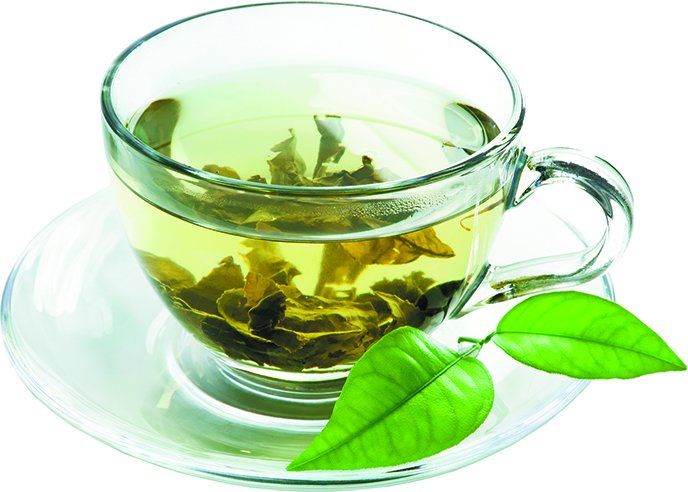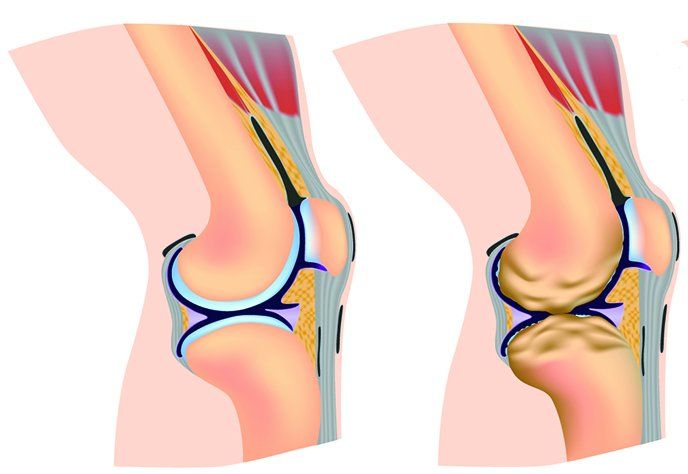Health Benefits of Whole Grains
Nutrition experts - including those advising this newsletter - have been preaching for years about the benefits of replacing refined grains in your diet with whole grains. The latest Dietary Guidelines for Americans echoed this advice, recommending limiting intake of refined grains and products made with refined grains and starches.
Longevity Dietary Pattern: Fruits, Vegetables, Fish
What foods should you eat to live longer, especially if youre already 65 or older? Previous attempts to tackle that question have often been confounded by other lifestyle and even socio-economic factors that are difficult to untangle from the effects of diet.
Eat Your Fruits and Vegetables to Help Fight Frailty
Fruits and vegetables aren't just important for kids' health. New research combining data on nearly 3,000 people in three European studies reports that eating more fruits and vegetables can help older adults ward off frailty.
Heart Benefit Seen from Compound in Tea, Cocoa, Apples
A study of older Dutch men provides new insight into why tea and cocoa protect against heart disease, showing for the first time that a compound called epicatechin is associated with reduced mortality from cardiovascular disease.
Smart Fat Choices Might Slow Arthritis Progression
What's good for your heart might also be good for your aching knees. High intakes of saturated fat were associated with a faster progression of knee osteoarthritis in a new prospective observational study, while consuming more heart-healthy unsaturated fats was linked to slower progression.
10 Easy Steps to Help Prevent Colds and Flu
Taking early steps to protect against cold and flu through diet and lifestyle can help the flu shot fight seasonal viruses. Here are 10 simple preventative measures to boost immunity.
Are You Among the Healthiest 6%?
Only 1 in 16 Americans manages all five healthy lifestyle factors considered most important to warding off chronic disease, according to a new report from the Centers for Disease Control and Prevention.
Coffee Drinkers at Reduced Odds of Colorectal Cancer
More evidence that coffee - once thought of as bad for you - is not only safe in typical amounts but might actually help protect your health comes from a new study of colorectal cancer risk. Researchers compared 5,145 patients who had been diagnosed with colorectal cancer within the past six months with a control group of 4,097 men and women with no history of the cancer. Drinking one or two cups of coffee a day was associated with a 26% lower risk of developing colorectal cancer, with risk dropping even more as consumption increased.
Keep Active to Protect Your Brain
Two new studies provide important evidence of how physical activity might reduce the risk of Alzheimer's disease and other forms of cognitive decline. One study reported that participants who were most active showed the least decline - the equivalent of 10 years of mental aging. In a second study, the most active older adults were found to have the largest volume of gray matter in brain regions typically affected most by Alzheimer's.
Even After 70, Staying Active Pays Off
Continuing to exercise as you age really can make a difference. Researchers reported in the journal Circulation that even people in their 70s have much lower risk of stroke and heart attack with regular moderate exercise such as walking.

































